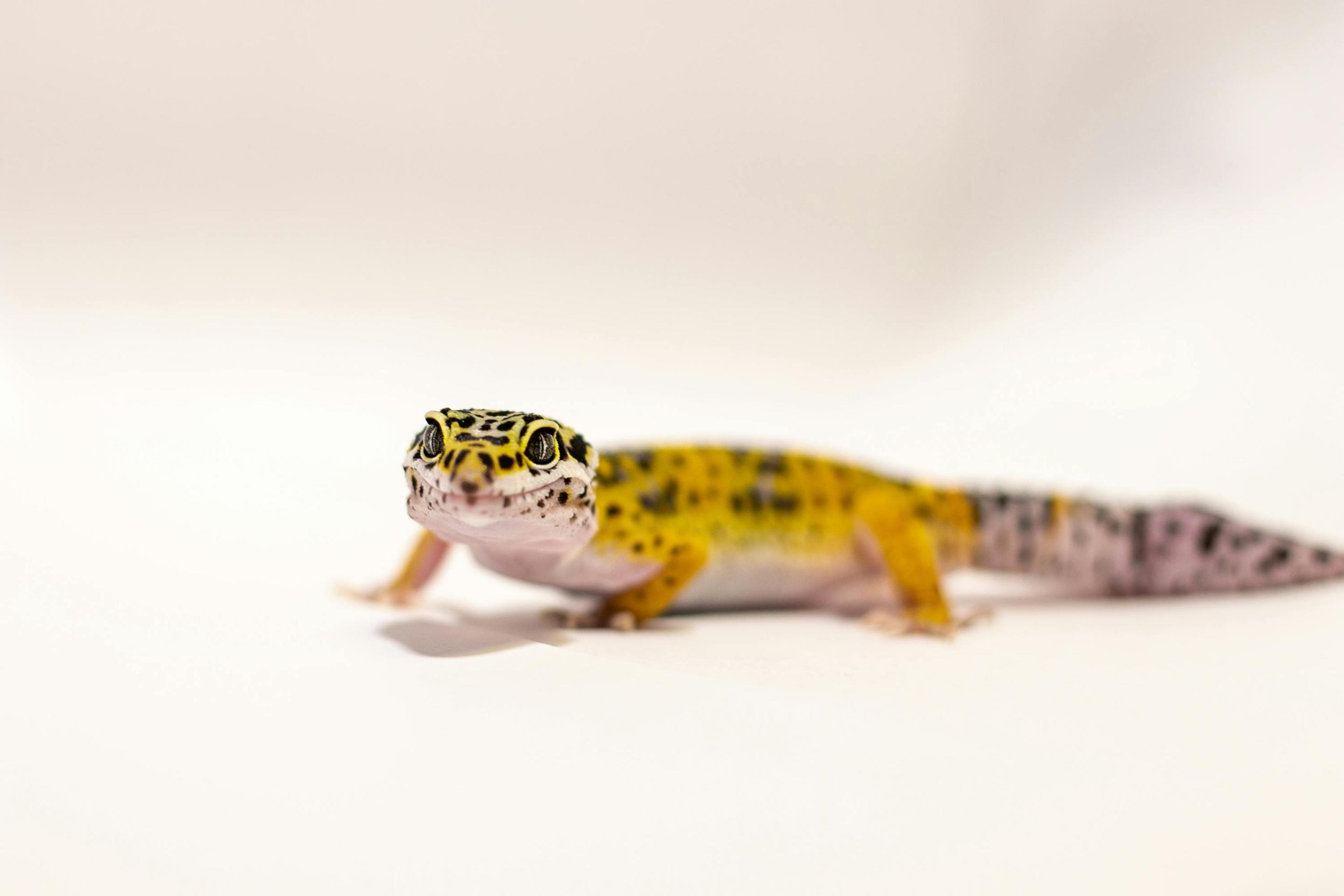At Ingleside Animal Hospital, we know how important it is to provide the best care for your pets, and that includes understanding their dietary needs. Lizards, with their unique biology and varied species, require specific diets to stay healthy. Whether you're a seasoned reptile owner or considering adopting a lizard as a pet, understanding what to feed your scaly friend is key to their well-being.

Types of Lizards and Their Diets
Lizards are a diverse group of reptiles with different dietary preferences. The food you offer your lizard should align with its species, age, and natural habitat. Here’s a breakdown of the types of lizards and their feeding habits:
-
Insectivores:
Many lizards, such as Leopard Geckos and Bearded Dragons (when young), primarily eat insects. Their diet may include crickets, mealworms, dubia roaches, and other small, live insects. These protein-rich foods help lizards grow and thrive.Feeding Tips:
- Dust insects with a calcium supplement to support bone health.
- Feed insects that are no larger than the size of the lizard’s head to avoid choking hazards.
- Offer a variety of insects to provide a balanced diet.
-
Herbivores:
Some lizards, like Iguanas and Green Anoles, are primarily plant eaters. These lizards feed on a variety of leafy greens, vegetables, and fruits. Collard greens, kale, and dandelion greens are excellent choices. Fruits like berries, apples, and mangoes can also be offered in moderation.Feeding Tips:
- Avoid feeding high-oxalate vegetables (like spinach) too often as they can interfere with calcium absorption.
- Provide a variety of greens and vegetables to ensure a balanced intake of nutrients.
- Be sure to wash all vegetables and fruits thoroughly to remove pesticides.
-
Omnivores:
Many lizards, such as Bearded Dragons (as adults) and Skinks, have a mixed diet of both plants and animals. These lizards will enjoy a combination of vegetables, fruits, and insects, which helps ensure they get a well-rounded diet.Feeding Tips:
- Offer a mix of plant matter and protein sources.
- Avoid processed foods and stick to fresh, natural options for both plants and animals.
The Importance of Supplements
No matter what type of lizard you have, supplements play an essential role in maintaining their health. Lizards often need extra calcium, vitamins (like vitamin D3), and minerals, especially if their diet consists mostly of insects. Supplements are especially important for indoor lizards that don't have access to natural sunlight.
Common Supplements for Lizards:
- Calcium Powder: Helps prevent metabolic bone disease.
- Vitamin D3: Important for calcium absorption.
- Multivitamins: Can be used occasionally to ensure overall health.
Hydration is Key
In addition to food, lizards require proper hydration to stay healthy. Some lizards drink water from bowls, while others absorb moisture from their environment. Ensure your lizard has access to fresh, clean water at all times. Misting the enclosure or providing a shallow water dish can help maintain humidity and encourage drinking.
What Not to Feed Your Lizard
While lizards have unique dietary needs, there are some foods that should never be fed to them. These include:
- Toxic foods: Avocados, onions, and garlic can be harmful to lizards.
- Processed foods: Avoid offering packaged snacks or human food.
- Citrus fruits: High acidity can upset your lizard’s stomach.
Always research specific dietary restrictions for your lizard’s species to ensure they stay healthy and happy.
Lizards can make wonderful pets, but to ensure they thrive, it's important to feed them a diet that meets their specific needs. By understanding the differences between insectivores, herbivores, and omnivores, offering the right foods and supplements, and ensuring proper hydration, you’ll be giving your reptile companion the best chance at a long, healthy life.
At Ingleside Animal Hospital, we’re here to help with all aspects of your pet’s health. If you have any questions about caring for your lizard or need advice on their diet, feel free to reach out to our experienced team of veterinarians. We’re always here to support you and your scaly friend!
If you have questions and you'd like to reach out to us, you can call us directly at (602) 833-7511, or you can email us at [email protected]. Don't forget to follow us on social media Facebook, Instagram.
